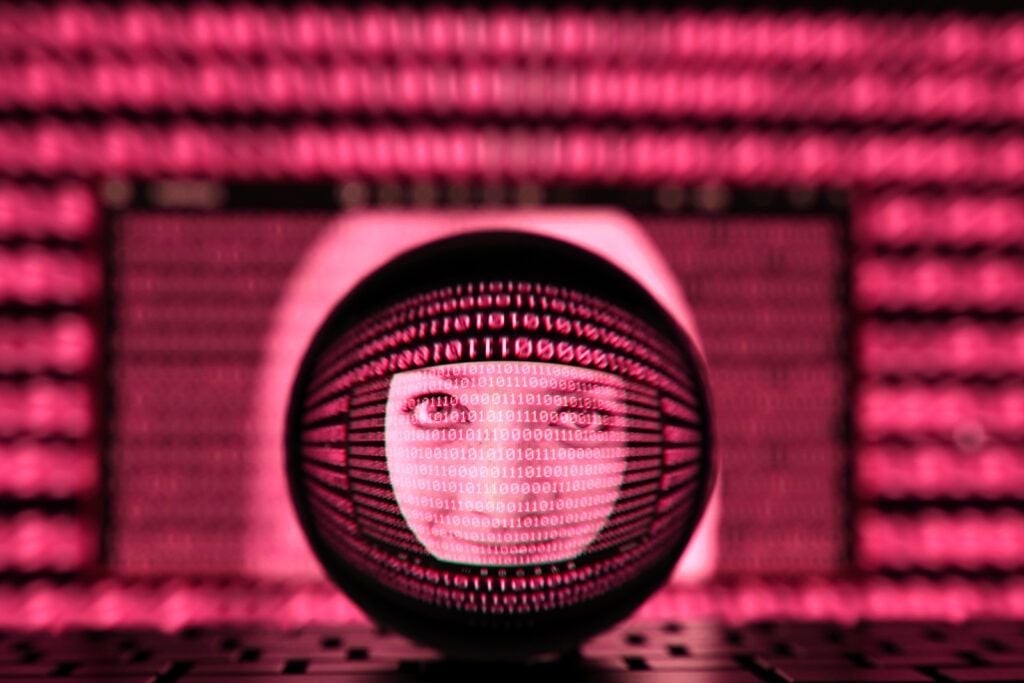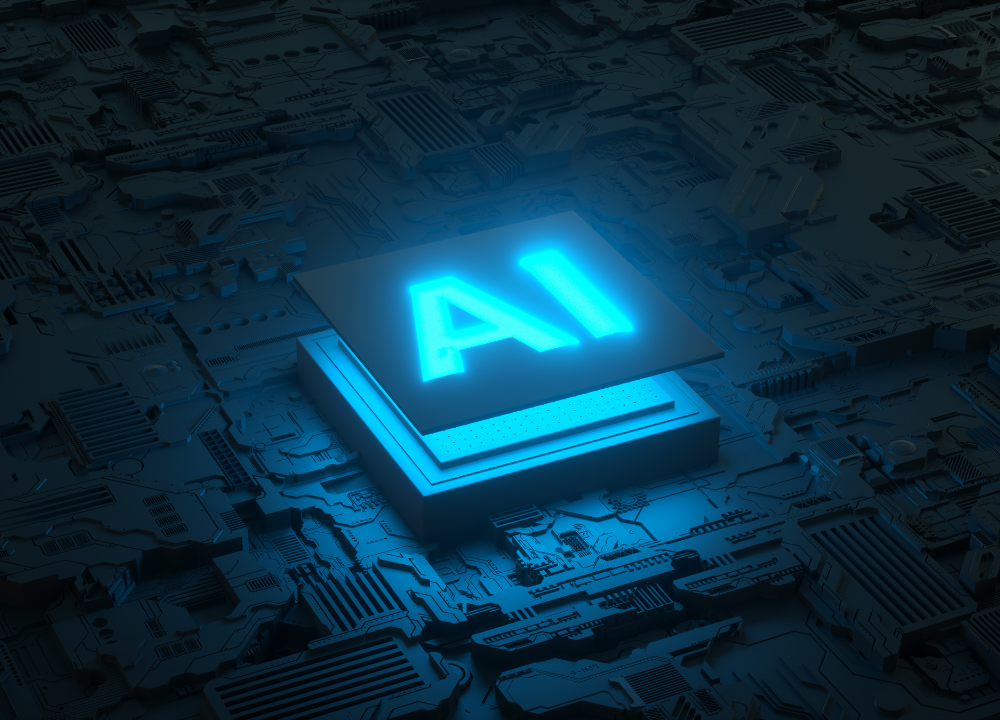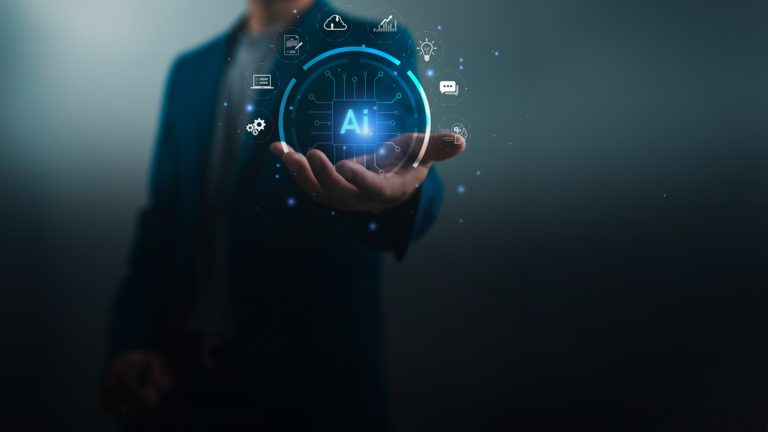As Helpful as ChatGPT Can Be, Here’s Why We Need AI Regulation Right Now

Have you used ChatGPT? Wait, that’s so yesterday. The real question is, how have you used ChatGPT or other generative Artificial Intelligence (AI) platforms? Have you used generative AI to skimp on homework or write a boring email you were putting off? Have you used ChatGPT to write your resume because you were in a hurry, or have you used an AI-powered sorting system to select the best resumes in a tall stack?
These questions, though pertinent, do not even scratch the surface of what generative AI can do – we’re discovering its many advantages every single day. When used constructively, AI can help diagnose cancer you don’t have yet or help cure autism in children. But without properly framed AI regulations, it can give you biased answers, spread misinformation, and destabilize the world by deciding who gets access to a loan or a job opportunity.
Having used these tools and seen their efficiency, like many others, we understand that the times belong to generative AI. And we shouldn’t fear it but leverage it for the best causes. However, when OpenAI CEO Sam Altman calls for stringent AI regulations at the U.S. Senate, we sit up and take notice. And we want our present and prospective learners to listen too. Let’s dive right into what else the rise of AI could mean and why knowing about AI regulations is the need of the hour.
What is AI, Really?
Simply put, artificial intelligence is the science of training a computer to think like a human being. It is a process of synthesizing near-human intelligence using data to train computer systems. They say that humans become what they are due to nature and nurture. Humans are born with innate traits, and then what they learn combines with these traits to form people’s personalities. However, AI differs from humans significantly in this regard, for AI is all nurture. Since AI learns everything from data, it imbibes all the biases and imperfections in the data.
What are AI Regulations?
Recently, an AI camera at a football game in Scotland kept assuming that the referee’s bald head was the ball! Naturally, memes flooded our social media feeds the next day. It only seemed fair to have a good laugh about it. But did you know that Apple’s credit card algorithm notoriously filtered out women applicants for credit cards? Not funny anymore, is it? Similarly, Microsoft used Tweets to train its chatbot. The result: it gave racist and inflammatory responses to people and had to be pulled down in a day.
These epic AI failures beg the question: is AI as intelligent as we make it out to be? And also, should technology with near-human intelligence but no moral compass have free reign in the world? That is the genesis of the AI regulations debate.
ALSO READ: 10 Ways AI Technology Is Changing the Future of Digital Marketing
Why are AI Regulations so Important Now?
 Artificial intelligence is becoming more advanced even as you read this article, but it is not new as technology. It has been around since the 1960s. Then why are we talking about AI regulations only now? It is primarily for the following reasons:
Artificial intelligence is becoming more advanced even as you read this article, but it is not new as technology. It has been around since the 1960s. Then why are we talking about AI regulations only now? It is primarily for the following reasons:
1. Access to AI
The first and most critical reason for the urgency in calling for AI regulation is unlimited access. Everyone, from a 9-year-old to a head of state, has access to AI. Yes, technology is leveling the playing field if we look at it as a resource, but it can also be a potent weapon in the hands of the dubious. Free access to something so powerful puts the world at risk.
2. Loss of Employment
Even its creator Sam Altman admits that generative AI will cause a ‘disruption’ in the employment market. While he hopes that this technology will improve the quality of jobs in the long run, at the moment, it might widen the economic gap in the world.
3. Biased Results
One of the core arguments favoring AI regulations is that it is known to give biased results based on the inherent biases in the data it is trained on. There have been several instances of racial and gender biases finding their way into AI outcomes. We can argue that humans also have biases. However, the impact of the bias gets magnified manifold due to AI. For instance, if you are in a world where AI screens resume for jobs, and the system exhibits a bias against women or minorities. Can you imagine the chaos that would ensue?
4. Social Surveillance and Impersonation
Most of us are not unaware of social surveillance in some form or another. It is common to speak of a holiday to Spain and then find offers for Spain holiday packages in your inbox or targeted ads. But impersonation is a new pitfall of AI that we are starting to experience. A speech by former U.S. President Donald Trump recently went viral. Turns out, it was an AI impersonation or deepfake AI. But the lip movements and voice were so close to President Trump that the layman would find it impossible to tell the difference. This is a warning bell for the future, where fake speeches can impact election results and justice systems.
5. AI Warfare
AI promises to change the ways of warfare in the years to come. In the near future, AI can be used to create ‘slaughterbots’ or robots that kill targets autonomously without human intervention. The use of AI technology in weapons of mass destruction is a distinct possibility. The race for AI arms should be stopped even before it begins, or it could have disastrous results for world peace.
AI Regulation and Laws Around the World
Data science and artificial intelligence legislation began with the General Data Protection Regulation (GDPR) in 2018. As is evident from the name, this act in the European Union is not only about AI, but it does have a clause that describes the ‘right to explanation’ for the impact of artificial intelligence. 2021’s AI Act legislated in the European Union was more to the point. It classified AI systems into three categories:
- Systems that create an unacceptable amount of risk must be banned
- Systems that can be considered high-risk need to be regulated
- Safe applications, which can be left unregulated
Canada enacted the Artificial Intelligence and Data Act (AIDA) in 2022 to regulate
companies using AI with a modified risk-basked approach. Unlike the AI Act, AIDA does ban the use of AI even in critical decision-making functions. However, the developers must create risk mitigation strategies as a backup plan.
ALSO READ: Top Skills Required To Make A Career In AI
AI Regulation in India
India has taken a slightly different approach to the growth and proliferation of AI. While the government is keen to regulate generative AI platforms like ChatGPT and Bard, there is no plan for a codified law to curb the growth of AI. IT Minister Ashwini Vaishnaw recently stated that the NITI Aayog, the planning commission of India, issued some guiding documents on AI. These include the National Strategy for Artificial Intelligence and the Responsible AI for All report. While these documents list good practices and steer towards a vision for responsible AI, they are not legally binding.

What are AI Experts and Lawmakers Saying?
Legislation attempts in the U.S. are also underway, and Sam Altman appeared at the Senate to address a session deliberating on AI regulations. Considering ChatGPT has taken the world by storm, everyone was surprised by what he had to say about regulating artificial intelligence. Altman said that he was ‘a bit scared’ of his own creation, and he believed that if technology goes wrong, it could go quite wrong. Calling for governments to regulate generative AI, he suggested licensing AI development.
Before Altman, the founder of Tesla, Elon Musk also called for a six months pause on AI development to curb to get a window of time to regulate the technology. Also, Geoffrey Hinton, who is widely considered the father of AI, quit Google over concerns that the new chatbots would be no match for humans. Iconic physicist Stephen Hawking has also warned that artificial intelligence could spell the end of the human race.
Considering the direness of the situation, U.S. lawmakers are making to set up an AI regulator committee to monitor its use by companies.
Will the AI Regulation Debate Create More Jobs?
The AI regulation debate may be in its nascent stages, but it is clear that regulatory bodies are the need of the hour. If we take a cue from what Senator Peter Welch, a Democrat from Vermont, said at the recent AI debate, including Altman, lawmakers cannot ‘keep up’ with the pace of technology. Hence, AI-literate professionals and experts will be needed to debate and regulate the use of this technology in the near future. Moreover, AI is slated to revolutionize the legal sector, and all litigations that involve AI will require the involvement of experts. Being AI-aware can open doors to many professions for you.
If you want to leverage the trend surrounding AI regulation, check out artificial intelligence and machine learning courses from Emeritus. These courses from the world’s best universities address beginners, mid-level, and experts in AI.
By Anwesha Barari





